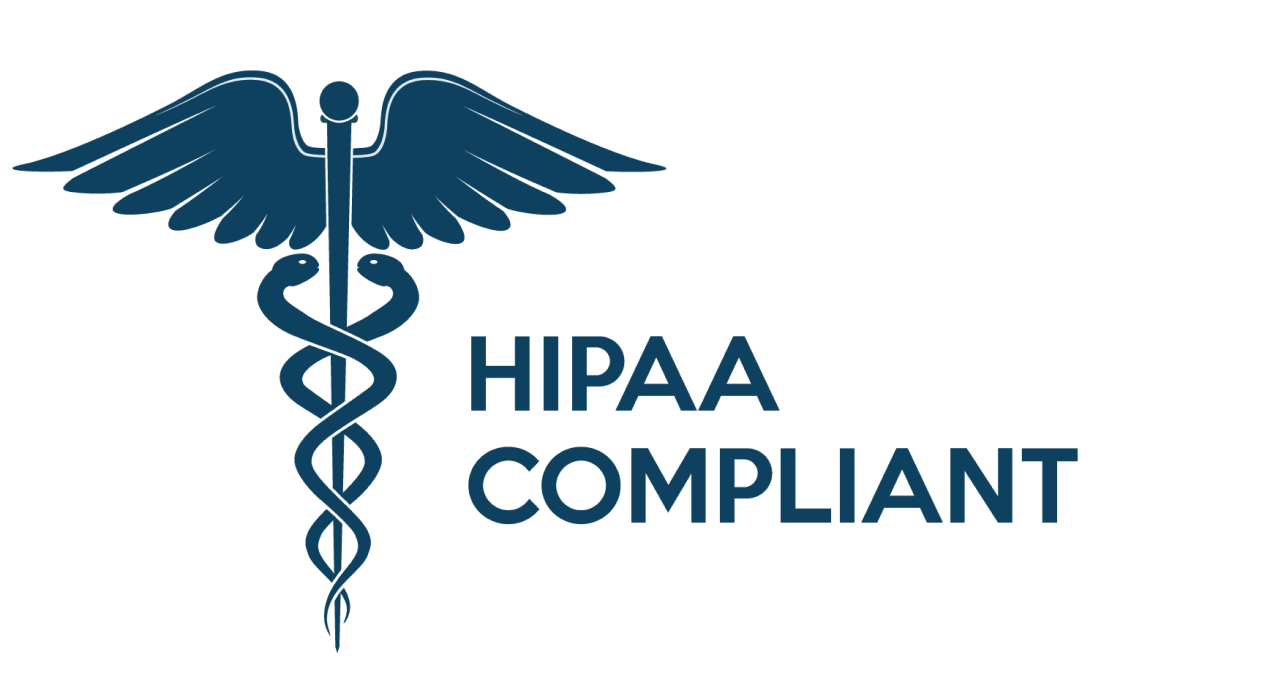The Future of Healthcare with Generative AI: How Can Leaders Prepare?
Setting the record for the fastest-growing consumer application user base, ChatGPT has garnered over 100 million active users worldwide within just two months of its launch. Generative Artificial Intelligence (AI), the technology behind ChatGPT, encompasses algorithms capable of generating new content such as audio, code, images, text, simulations, and videos.
With a market opportunity estimated at $6 trillion by Morgan Stanley, Generative AI is expected to have a transformative impact on a wide range of industries, including robotics and automation, education, content creation, healthcare, insurance and pharma. What implications might Generative AI have for the future of healthcare, and how can leaders prepare?
How Will Generative AI Impact the Future of Healthcare?
When it comes to healthcare, Generative AI holds the potential to enhance efficiency, accuracy, and innovation across a number of domains. While the full extent of Generative AI’s impact on healthcare remains largely unknown, here are some areas likely to be significantly impacted:
- Administrative Tasks and Documentation– Healthcare providers can often spend up to two hours a day on documentation. Aside from being tedious and time consuming, this burden can also result in errors. Platforms like Abridge, which uses Generative AI to create summaries of medical conversations from recorded audio during patient visits, can help doctors cut down on the amount of time they spend on notes, while other applications can be created to help improve administrative tasks in healthcare like patient scheduling and flow.
- Virtual Assistants and Chatbots– If trained on reliable data, Generative AI can power virtual assistants and chatbots that interact with patients, providing them with personalized healthcare information and assisting in triage. Clearstep, for example, is working to combine generative AI with clinically validated virtual triage to revolutionize healthcare delivery. Generative AI-powered conversational agents can offer 24/7 support, reduce the burden on healthcare professionals, and enhance patient experiences.
- Disease Prediction and Health Risk Mitigation– With the influx of devices and wearables that measure vital signs and health and wellness indicators, people today have more access to their personal health data than ever before. Both people and providers, however, are often unsure how to make use of this data. It’s possible that Generative AI can use these datasets to identify patterns and predict the risk of diseases and potential outbreaks. It can also be used to assist in early detection, flagging high-risk individuals, and supporting mitigation of health risks. By leveraging patient data and other relevant information, Generative AI can aid in public health interventions and proactive healthcare management.
- Acceleration of Drug Discovery and Development– Generative AI’s remarkable ability to analzye vast quantities of unstructured data can also be used to generate novel molecules, enhance the performance of predictive models, and analyze the effects of drugs on large populations. For example, in April, Cerner Enviza announced a collaboration with the FDA that will “develop AI tools aimed at extracting critical information from clinical notes within electronic health records (EHR),” to “aid the FDA in better understanding the effects of medicines on large populations.”
- Health Literacy and Patient Engagement– While Generative AI algorithms still have a long way to go before becoming fully reliable, training algorithms on verified, reliable data can help provide more people with information on health and wellness. Generative AI can also be used to increase engagement of patients with their health by sending reminders- whether to boost medication adherence or schedule an appointment, using behavioral data (with consent) to make personalized suggestions, generating interactive and engaging content or gamified health applications, and providing them with guidance on appropriate actions or health plan decisions.
Preparing Healthcare Leaders to Harness the Benefits of Generative AI
- Data, Data Infrastructure, and More Data: Generative AI models require large amounts of high-quality data to train effectively, and their output is highly dependent on the quality of this data. Datasets can include patient vital signs, lab results, medical records, and imaging studies. In its most recent Generative AI Research Report, Accenture instructs leaders who want to capitalize on AI capabilities to focus on getting proprietary data and “take a strategic and disciplined approach to acquiring, refining, safeguarding and deploying data.” In addition, insurers and healthcare leaders will need to invest in robust data infrastructure that can securely store and process large datasets.
- Invest in Both Talent and Technology: According to Accenture, this entails developing technical competencies like AI engineering and enterprise architecture, while training employees organization-wide to effectively engage with AI-driven processes. Additionally, invest in a sustainable tech foundation by considering infrastructure, architecture, and operating mode, enabling the leverage of Generative AI and foundation models while ensuring cost efficiency and sustainable energy consumption.
- Implement Responsible AI: Addressing responsible and ethical use of AI is a crucial consideration, shared by Sam Altman, the creator of Chat GPT. It is essential to develop clear guidelines and frameworks that proactively tackle issues of fairness, transparency, privacy, and data security. By prioritizing these aspects, health-tech leaders can ensure that AI technologies are deployed in a responsible and trustworthy manner, fostering public trust and minimizing potential risks associated with AI adoption.
It’s important to acknowledge that Generative AI is still in its early stages and faces a host of challenges, from securing data privacy, to addressing biases, and even preventing the generation of outright false information. Still, Generative AI has tremendous potential, and if used cautiously and ethically, can make substantial contributions to the future of healthcare and wellness.
Binah.ai Health Data Platform
Binah.ai’s Health Data Platform enables anyone to measure and share a wide variety of health data, including vital signs like blood pressure and heart rate and cutting-edge bloodless blood tests like hemoglobin and HbA1c using just their smartphone cameras. In just 30 seconds and a simple selfie-video, end users can measure and share this data, which can also be easily integrated into EMR/EHRs. Supporting numerous use cases in a range of industries, including healthcare, insurance, wellness, and IoT, Binah.ai’s technology is available as an easy-to-integrate SDK.
To see how Binah.ai’s Health Data Platform can support your needs, talk to us now.

 close
close




